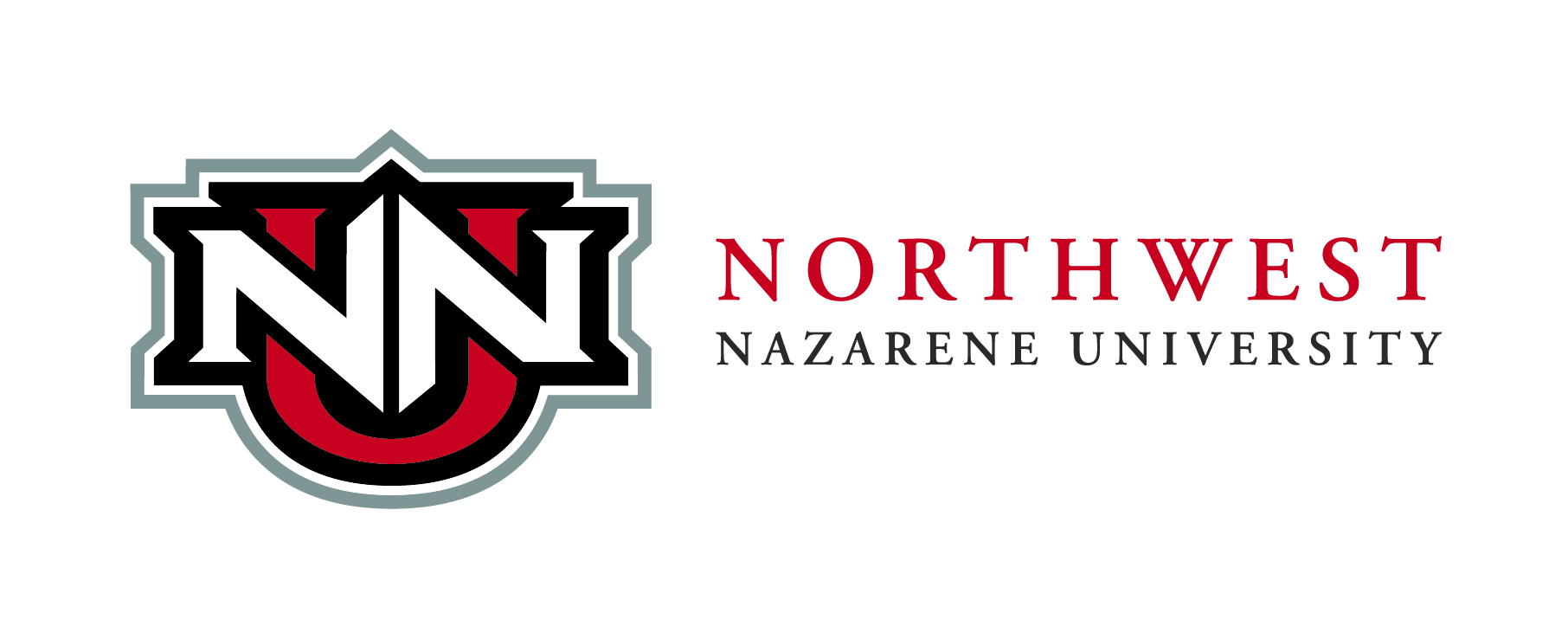- Resource Types
- Resource Languages
- Institutional Repository
 Visit the home page
Visit the home page
About Site Language
WHDL is viewable in multiple languages. Use the pull-down menu to select a language to view the site.
I changed my language, but I’m still seeing resources in the other languages?
If a resource or text has not been translated into your selected language, it will appear in the initially added language. We are always looking for help translating these resources. If you can help, contact us!
WHDL - 00014628
This qualitative descriptive study investigated the learning behaviors of non-clinical healthcare employees who work in a role in which they schedule outpatient behavioral medicine patient appointments. The study used Malcolm Knowles' theory of andragogy as a theoretical framework. Eight subjects were interviewed to examine their education exposure, associated perceptions, and thoughts for possible improvements. By identifying characteristics associated with positive and negative forms of education, healthcare leaders around the globe will have an improved concept of how education affects job performance, satisfaction, and non-clinical patient care. This study discovered that while subjects were not substantially exposed to adult learning techniques, such as scenario and simulation-based education, positive perceptions were linked to these tools. In addition, issues pertaining to the internal infrastructure of behavioral medicine organizations were identified as having had a negative impact on implementing innovative education.
Suggestions for improving education and training in this field include enhancing communication between staff and patients, expanding training resources, and creating a culture that supports education for all roles. Themes shown in this study will allow healthcare administrators to evaluate the educational needs of their staff better, and to meet those demands with adequate training and recourses. This research will assist in orienting new personnel, support continued education, and create a patient and employee-focused environment while improving continued education of established personnel.
This material is used by permission of the rightsholder in accordance with the terms of the relevant content release. As a user, you have permission to use this content and download a copy for non-commercial use only. Downloading multiple quantities of this resource is expressly forbidden.
155 Resources